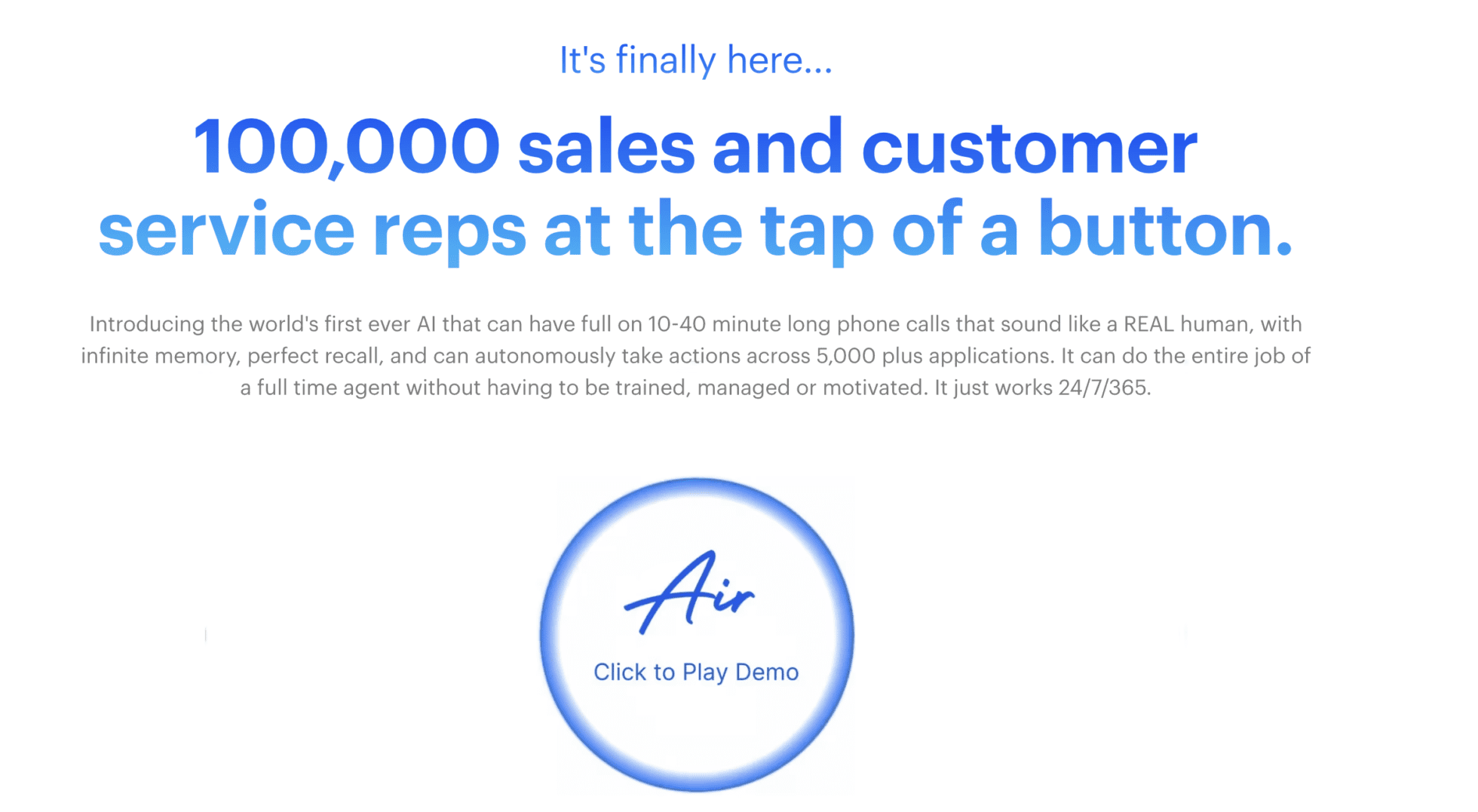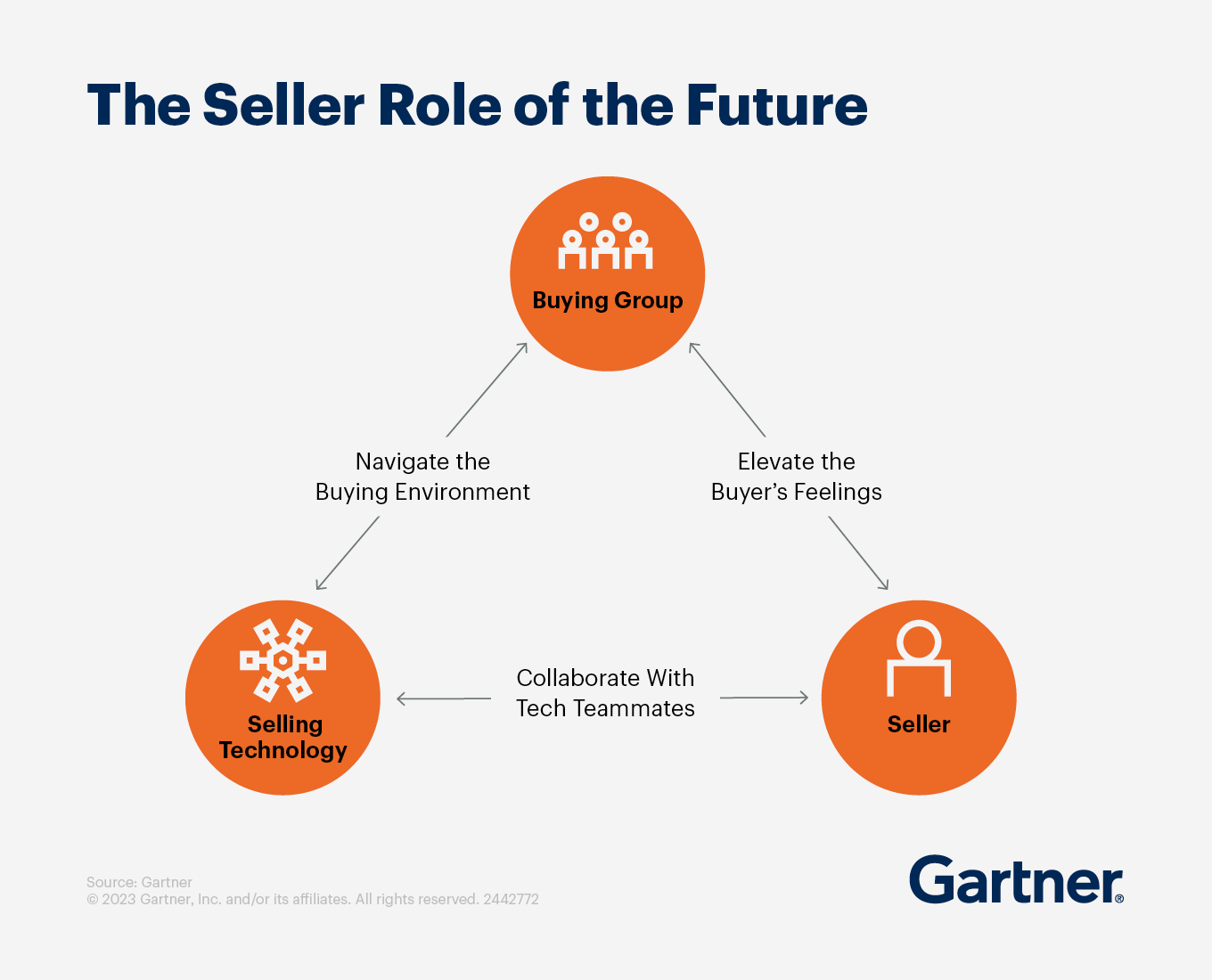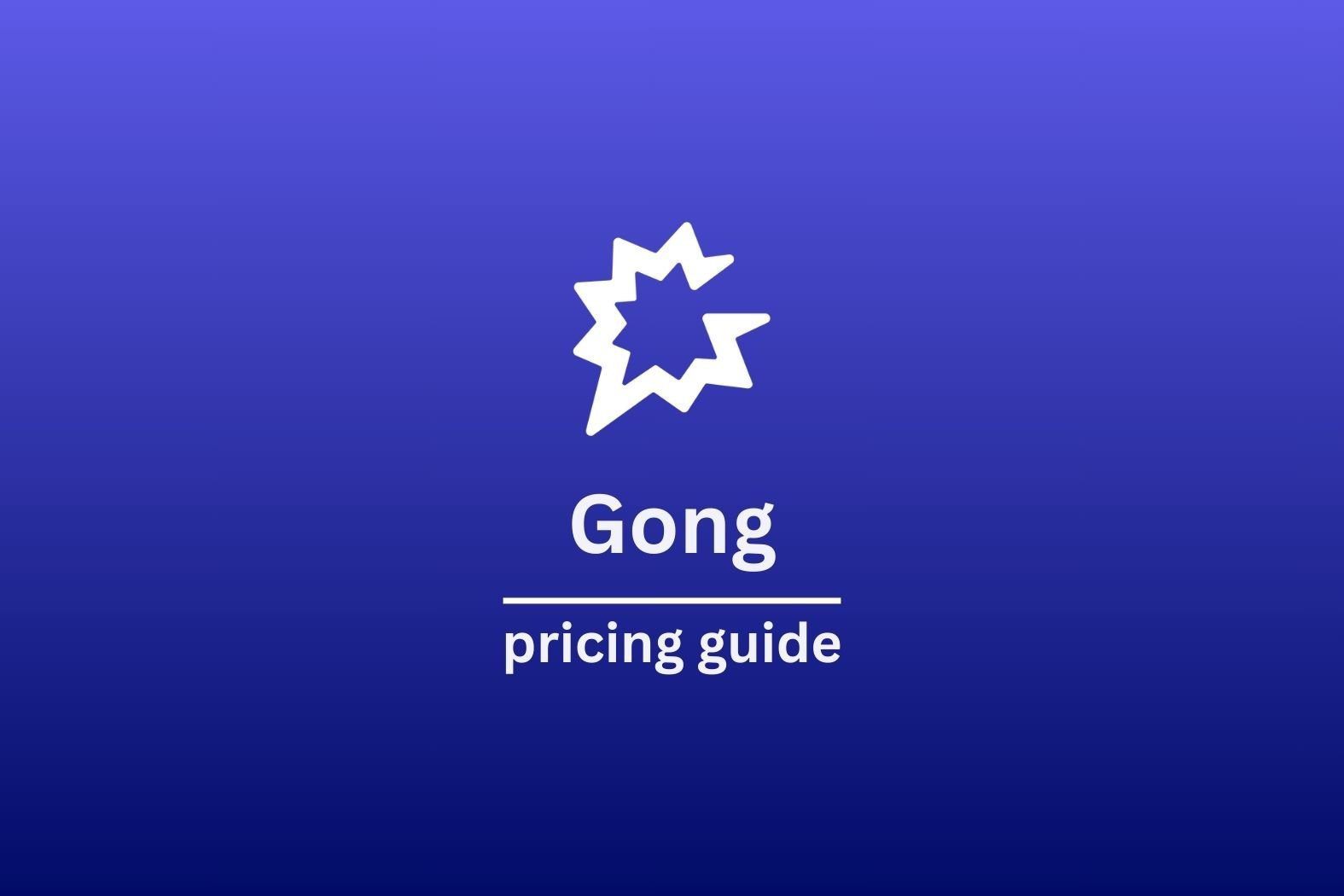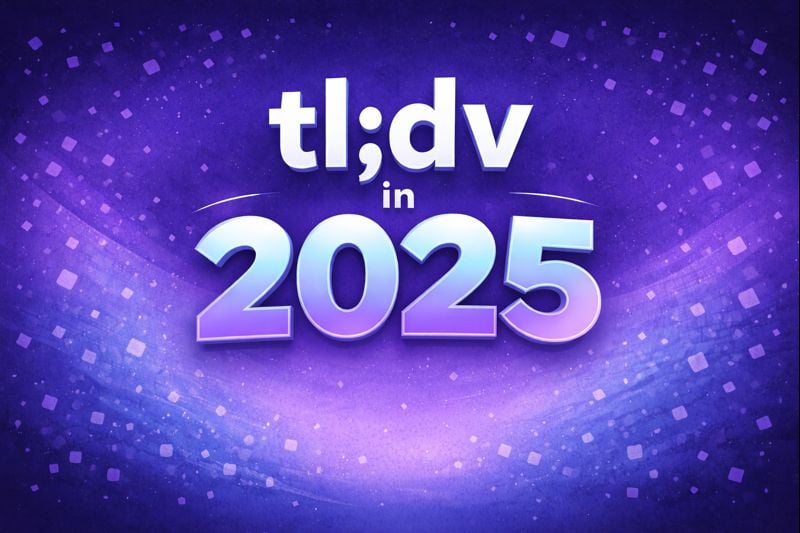The phone rings and it’s a sales rep cold calling you, they sound polite and interesting but little do you know that it’s cold calling AI. There are now apps and tools, like air.ai that can simulate sales rep’s roles.
This feels a long way away from the traditional salesperson’s day. It used to be a case of grabbing a list of leads, picking up your sales call script and trying to make as many phone calls as possible. But time moves on and with the rise of AI, and now the emergence of this smart cold calling AI questions arise. Will AI in sales be a groundbreaking advancement? Will cold calling AI replace human salespeople? Or is it just the latest in a long list of trends?
Table of Contents
The Evolution of AI in Sales
Even though AI has been in sales for a little while now, the sales rep of the mid 2010s would have a very different experience to the sales representative of today. Where once there were Yellow Pages and physical phones, you now have cold email campaigns, video conferencing and ChatGPT to write you a brand new cold calling script.

The changes in technology have also changed how the sales representatives interact with customers on a fundamental level. But the increase in smart technology has made a market that is increasingly busy and saturated.
Sales tactics were always rooted in a lot of skill. Skills could be taught, but there was often a certain X-factor when it came to sales. You need to be a people person, logical, charismatic, and have the ability to read people. It also took a certain amount of grit and perseverance to get through the heady days of sophisticated cold calling techniques and many rejections.
Even the introduction of the Internet shifted the traditional sales role, not only were there more people to sell to in more ways, but there was physically more things to sell. AI has only supercharged the speed of how the role is changing.,
AI Is Here To Stay
So while AI might not necessarily be picking up the phone and calling people at the moment, at least on a regular basis. However AI is deeply ingrained into daily life now for the sales rep. From Customer Relationship Management systems that can predict based on data when it’s best to get in touch with a prospect, to social media listening that can flag when a potential customer has interacted or mentioned your brand.
Sales is now fully “smart”. Everything can be highly personalized at the touch of the button. Sales, along with the way AI is currently going, will soon become as much about how a representative leverages technology to do most of the hard lead generation and nurturing. The skills and characteristics that once defined a talented sales rep will still be needed, but they’ll be more about pushing all that talent into the closing stages.
Real-world Applications of AI in Sales: The Case of Conversica
One company that is turning AI into real-life action is Conversica. This platform offers conversation automation. Tipped as a two-way dialog that proactively drives opportunity at every stage of the lifecycle. While many companies use chatbots, they have really dug into the natural language processing (NLP) to create lifelike reps that can qualify leads quickly and answer questions.
It’s working as well with case studies for companies such as Leica Geosystems, Their implementation have heralded an increase of conversions by 300% and gained a return on investment of 23x. HootSuite also reported a saving of 108,000 hours saved while also generating more revenue.
Potential Impacts on Sales and Cold Calling
Sales may even become a passive role if AI continues the way it is. The marketing and lead generation could become so well-optimized and honed to the ideal customer, saying the right things, that the customer just literally has to press the button to send the contract. The global market is expected to increase exponentially in the next decade as well

There are a number of potential impacts that cold calling AI and general smarter AI in sales could have an impact on.
Enhanced Efficiency
AI can remove the mundane tasks. These are the tasks that sales representatives spend a massive 70% of their time on. Data entry, sending emails, chasing, cleaning data – these can all be automated. This automation would allows sales professionals to dedicate more time to strategic activities that require a human touch, such as developing relationships with potential clients, understanding deeper needs, and crafting tailored solutions. By reducing the time spent on administrative tasks, AI enables sales teams to operate more efficiently and focus on the aspects of their job that contribute most directly to closing deals.
There is also the chance for the entire sales team structure to change, AI selling could lead to more team-based selling. Instead of individual salespeople managing entire sales cycles alone, teams could collaborate on different stages of the process, with AI providing support at each step.
So for example, AI could handle initial lead qualification, identifying the most promising prospects based on data analysis. Human team members could then take over for the more nuanced tasks, such as relationship building and negotiating deals.
From here, post-sale, AI could assist with customer onboarding and support, analyzing customer usage to identify upselling or cross-selling opportunities, which are then pursued by specialized sales team members.
The integration of AI into the sales process might also lead to the creation of new roles within sales teams. These roles would require a blend of technical understanding of AI and traditional sales skills, highlighting the increasing importance of interdisciplinary skill sets in the sales domain.
Personalization At Scale
Being able to take a great amount of datasets and quickly turn it into actionable insights for a particular customer is powerful. With access to enhanced data like sentiment analysis, and being able to cross-reference against libraries of other statistical and human-based data, sales can almost become speculative and accurately forecast buyer needs before the buyer is even aware.
Being able to highly personalize a sales approach to match a customer’s cadence, pains and preferences on a scale of hundreds and thousands can really ramp up the customer intake. From personalized email campaigns that resonate with specific customer segments to dynamic content on websites that adapts to the interests and behaviors of each visitor, AI enables a highly customized sales approach without the scalability limitations faced by humans.
Challenges and Limitations of Cold Calling AI And Sales AI
However, AI isn’t perfect and is unlikely to ever be – just like humans. A lot of the technology is brand new, and still being tested. But then so were iPhones and other smart devices in 2007. They were lauded as an amazing technology that would change the world, which it did. However now many people are annoyed with the prevalence of them. The same could be said for AI in sales.
One current hurdle is AI’s current inability to fully understand complex human emotions and the nuanced subtleties of conversations. While AI can interpret certain customer responses and even predict behaviors to an extent, it lacks the depth of empathy and emotional intelligence that a human sales representative brings to the table. This limitation can be particularly problematic in delicate negotiations or when handling sensitive customer issues, where a misinterpreted tone or context could damage the relationship.
AI can be trained to be factual but lacks the same “theory of mind” of a human at this point. There is also the fact that data bias can be part of an AI’s program, leading to skewed or unfair outcomes in sales strategies. This bias arises from the datasets on which AI systems are trained; if the data reflects historical prejudices or lacks diversity, the AI’s decisions and recommendations can perpetuate these issues. Correcting data bias requires a concerted effort to ensure the training data is representative and diverse, a challenge that developers continue to face.
Ethical Considerations
Challenges and limitations of the physicality of AI in sales aside, there are also ethical considerations to be thought of as AI and sales advance at this steady pace.
Profit Over People
As any sales person will know, and is often very clear on our social media channels, there are many people running businesses that will have sales people “just sell more”. Without a customer-centric approach, they will be breathing down the neck of the sales directors and managers to increase sales and profitability. If an AI can be trained to sell the same way as a sales representative can, with no moral or principles other than what has been programmed, can it be manipulated into being too heavy handed? Or even to lie?
Job Security
The advancement of AI in sales also raises concerns about job security for sales professionals. As AI technologies become more capable of performing tasks traditionally done by humans, there’s a risk that many sales positions could become redundant. This concern is not unfounded, as history shows with the Luddites and other groups who resisted technological changes that threatened their livelihoods.
Selling Incorrectly
An AI must be programmed and trained. If an AI is trained to sell at all costs and not use their own moral compass, could we end up with people being mis-sold products and services because the algorithm deems them a “good” prospect. This not only harms the consumer but can also damage the company’s reputation and lead to legal consequences. Ensuring AI sales strategies align with ethical selling practices and consumer protection laws is essential. This includes programming AI systems to understand and respect the needs and preferences of consumers, avoiding deceptive practices, and ensuring transparency in AI-driven sales interactions.
Navigating Ethical Considerations For Cold Calling AI
To make sure that these ethical considerations are being dealt with effectively, businesses must adopt a principled approach to AI development and deployment in sales. This should include things like:
- Developing Ethical AI Guidelines: Establishing clear guidelines for ethical AI use in sales, including respect for consumer privacy, transparency, and avoiding manipulative practices.
- Stakeholder Engagement: Involving a broad range of stakeholders, including ethicists, consumers, sales professionals, and regulators, in discussions about the ethical use of AI in sales.
- Ongoing Monitoring and Evaluation: Regularly assessing AI systems for ethical compliance and making adjustments as needed based on feedback and evolving ethical standards.
- Transparency and Consumer Control: Providing consumers with clear information about how AI is used in sales interactions and offering them control over their data and the choice to opt-out of AI-driven processes.
The Opportunity For Skill Development In Sales

One of the things that we touched upon was the opportunity for brand new jobs to be created from these advancements. Many people are currently in roles that didn’t exist when they were in formal education. Roles such as content marketers, SEO consultants, influencers, eGamers, are all relatively new roles. This is no different for the future of sales and AI.
We’re likely to see the emergence of specialized roles that blend technical acumen with traditional sales expertise. These roles could range from AI Sales Strategists, who design and implement AI-driven sales campaigns, to Customer Experience Analysts, who leverage AI insights to enhance the customer journey. Additionally, Data Analysts specializing in sales analytics will become invaluable, as they interpret complex datasets to forecast sales trends and inform strategic decisions.
Future of Sales: It’s Not Human vs Robot
Making the most of these technologies is all about collaboration over replacement. AI should be used as a tool that helps to make the human sales rep more effective at their jobs. And do so not for the benefit of the company profits, but for the benefit of the customer over all else.
AI will be able to do some amazing things in the future, but there really isn’t anything to replace the human experience and touch in any given interaction – particularly sales. AI can’t for example empathize with a customer who is struggling with a decision or genuinely celebrate a client’s success in the same way a human can. These emotional connections foster trust and loyalty, which are crucial for long-term business relationships. Complex negotiations often require a nuanced understanding of human psychology and the flexibility to adapt strategies on the fly—capabilities that AI, in its current state, cannot match.
A good sales representative, manager, and directors aren’t good at their job because of just closing deals but in building relationships, understanding nuanced needs, and providing solutions that resonate on a personal level.
Interpersonal Connections
So while AI can analyze data and provide insights at a scale unattainable by humans, it lacks the capacity for empathy, creativity, and genuine interpersonal connections that characterize the best sales interactions.
The future of sales should not be viewed as a competition between humans and robots but as an opportunity for synergy, where each plays to their strengths.
As technology continues to develop we should be exploring how we can integrate AI cold calling tools into sales strategies while keeping the customer’s needs and the ethical considerations at the forefront.
So if you are a sales manager aiming to future-proof your team, or simply an enthusiast curious about the intersection of technology and sales, the journey ahead is both challenging and exciting.
The goal with using AI in sales is not just to sell more, but to sell better, creating value for both your business and your customers.





